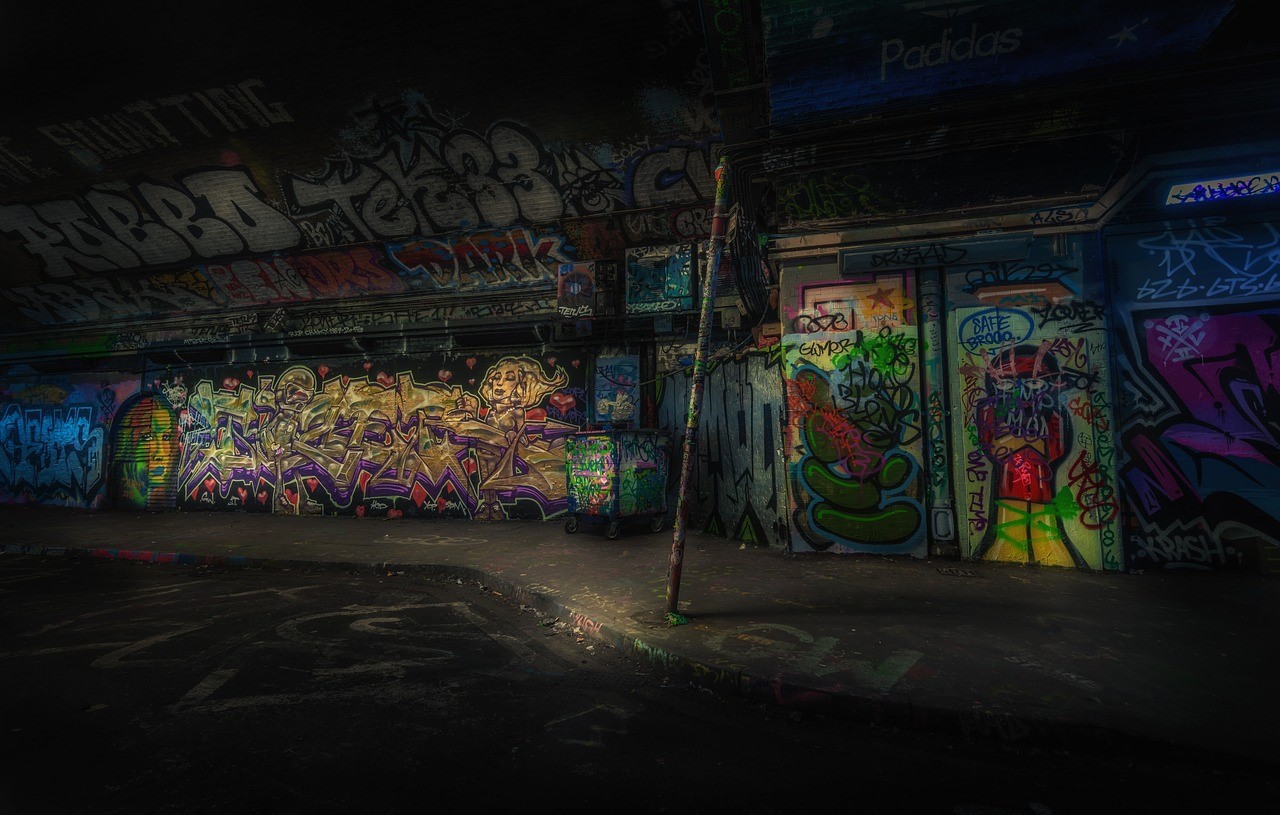
444. This is not just a number; it represents the countless victims of an outrage of modesty in Singapore. Despite the epidemic of digital voyeurism being less severe in Singapore compared to other countries like South Korea, it is not an issue that should remain silent. It was evident from the Monica Baey fiasco that low crime does not mean no crime. As such, today’s article will try to explain what happened from the perspective of the victim and the perpetrator, ending off with an evaluation on the existing measures implemented by NUS to deter such crimes.
Hearing from the victim
After the voyeurism incident, Ms Monica Baey revealed that “the paranoia never goes away”. Her testimony shed light on the rising trend of sexual crimes in Singapore and highlighted the need to stand up for all victims to ensure their voices are heard. In her unfortunate encounter, a peeping tom was caught filming while she was taking a shower in Eusoff Hall. Sexual crimes that do not have a physical element are no less valid; the nagging feeling that develops at the back of a victim’s mind as a result and never being able to feel safe.
To address this situation, NUS’s first actions were to issue the perpetrator the following penalties: a compulsory apology letter to the victim; mandatory counselling; a ban from NUS dormitories and a one-semester suspension. As a victim, Monica was appalled that the perpetrator was essentially able to get away scot free, with no serious repercussions whatsoever. The perpetrator’s suspension even allowed him to get a part-time job. The victim’s mother further commented on the inadequacy of the punishments meted out by NUS and how their response towards such sexual harassment would not help to protect female students. Furthermore, Monica also felt that the apology letter from the perpetrator and the official statement from the university were vague and insincere. As such, Monica felt compelled to publish details of the incident online – in hopes of improving the way NUS handled cases of sexual misconduct.
Perspectives from the perpetrator
The perpetrator is none under than Mr Nicholas Lim Jun Kai, a chemical engineering student at NUS. Throughout the entire ordeal, Nicholas had to deal with the death of his grandmother, along with the hurt he had caused to his parents. Reflecting on the events that had transpired, Nicholas expressed his remorse on the whole incident through an exclusive interview by The Straits Times and admitted that there was no excuse for his heinous acts. He expressed that “nobody should ever be put through the kind of trauma [he] caused Monica” and resolved to be a better person.
However, while Monica’s Instagram stories gave greater clarity to the situation, the public started to use pieces of information from her stories to dox Nicholas. A term that has come into relative popularity in recent years, doxing is an internet-based practice of publicly identifying or publishing private information about someone as a form of punishment. As such, some felt that while Monica’s intentions were in the right place, a more palatable outcome could have been achieved by not revealing her perpetrator’s name or personal details as the cyberbullying from netizens that ensued were taking it a step too far.
Aftermath
Due to significant backlash, NUS decided to take a tougher stand against such issues. The Minister of Education at the time, Mr Ong Ye Kung, further added that the “two strikes and you are out” framework should not be the standard application. NUS convened a committee to review its current disciplinary and support frameworks relating to sexual misconduct. In the newly implemented framework for serious offences, offenders will get a one-year minimum suspension, which the university’s Board of Discipline cannot override or remove while severe cases will call for expulsion.
To increase security and deterrence on campus, the NUS review committee laid out the sanctions framework to ensure such offences would be dealt with consistently and proportionately to the harm done. In this new framework, the provost would decide whether the allegation should be handled by the disciplinary boards or the relevant academic heads. Examples of severe or aggravated sexual misconduct were also outlined by the review committee, like “touching a victim’s private parts or sexual organs” or “deliberately incapacitating a person or abusing [one’s] authority to commit sexual misconduct”. The committee also declared that serious sexual offences included: “taking photographs or videos of an individual in a bathroom, toilet or any space where he or she can reasonably expect privacy”, “taking upskirt photographs or videos, voyeurism, indecent exposure” and “inappropriate physical contact with a person in a sexual manner without the person’s consent”.
The stiffer penalties from NUS are certainly welcome from the retributive aspect of crime and its punishment. However, there appears to be two problems with how much of a deterrent harsher punishment are. First, it remains to be seen how closely the university will stick to their updated framework. Second, some perpetrators of sexual crimes may not think of the costs and benefits of their actions. In a more recent case, an NUS student from the Dentistry faculty was the subject of disciplinary proceedings when he strangled his former girlfriend after she decided to end the relationship. As per the first concern, it remains to be seen if the student will face expulsion after investigations in the face of two petitions calling for harsher punishments yet again. Moreover, one is doubtful that the stiffer penalties imposed by NUS would have deterred the student from committing this crime.
Nonetheless, NUS has done a commendable job of putting forth education resources and devising a new compulsory module on sexual harassment that all current NUS students are required to. This is in line with the university’s goal of building a safe campus to enhance student life. It has allowed for students to remain updated on the harsher sanctions and grave repercussions of sexual crimes.
Towards a better future
With these new frameworks put into place, its effectiveness can only be proven with time. We are optimistic and confident that NUS will be able to tackle the challenges ahead, with a safer campus for all being the fruit of its labour.
Scott Yap and Johanna Lim
*The views and opinions expressed in this article do not constitute legal advice and solely belong to the author and do not reflect the opinions and beliefs of the NUS Criminal Justice Club or its affiliates.
0

